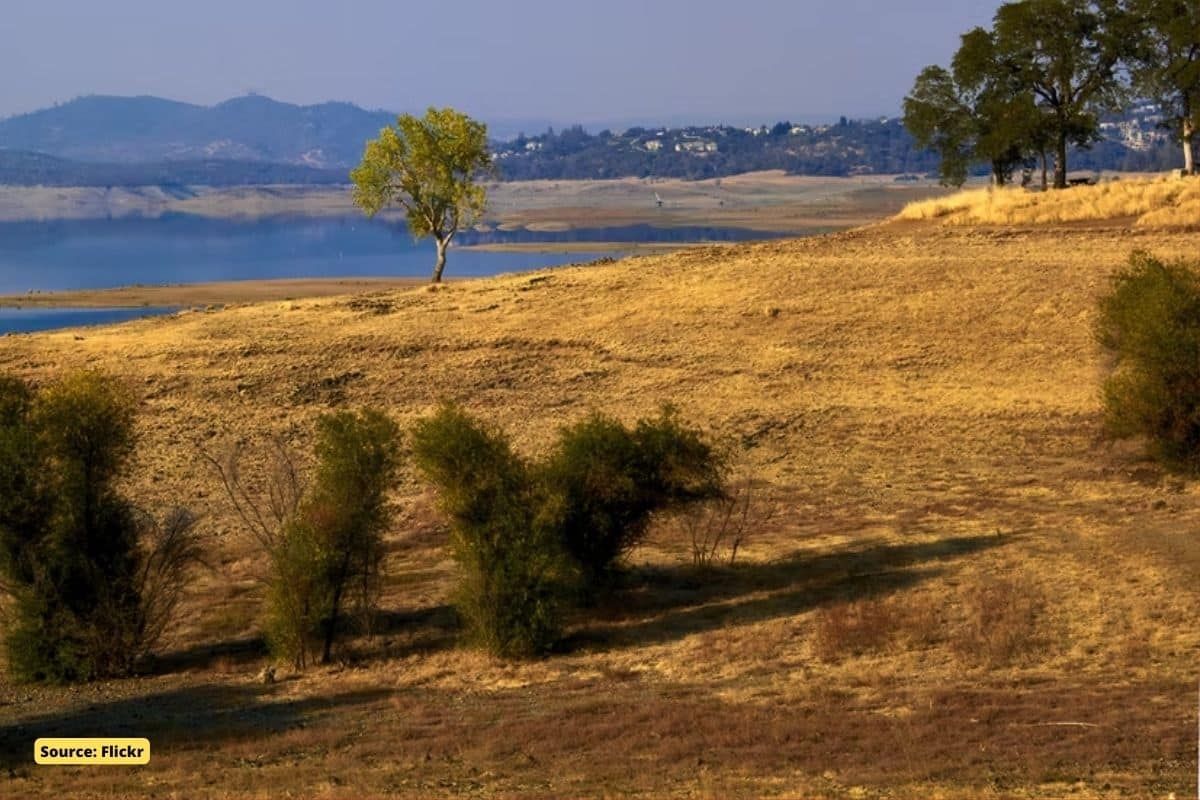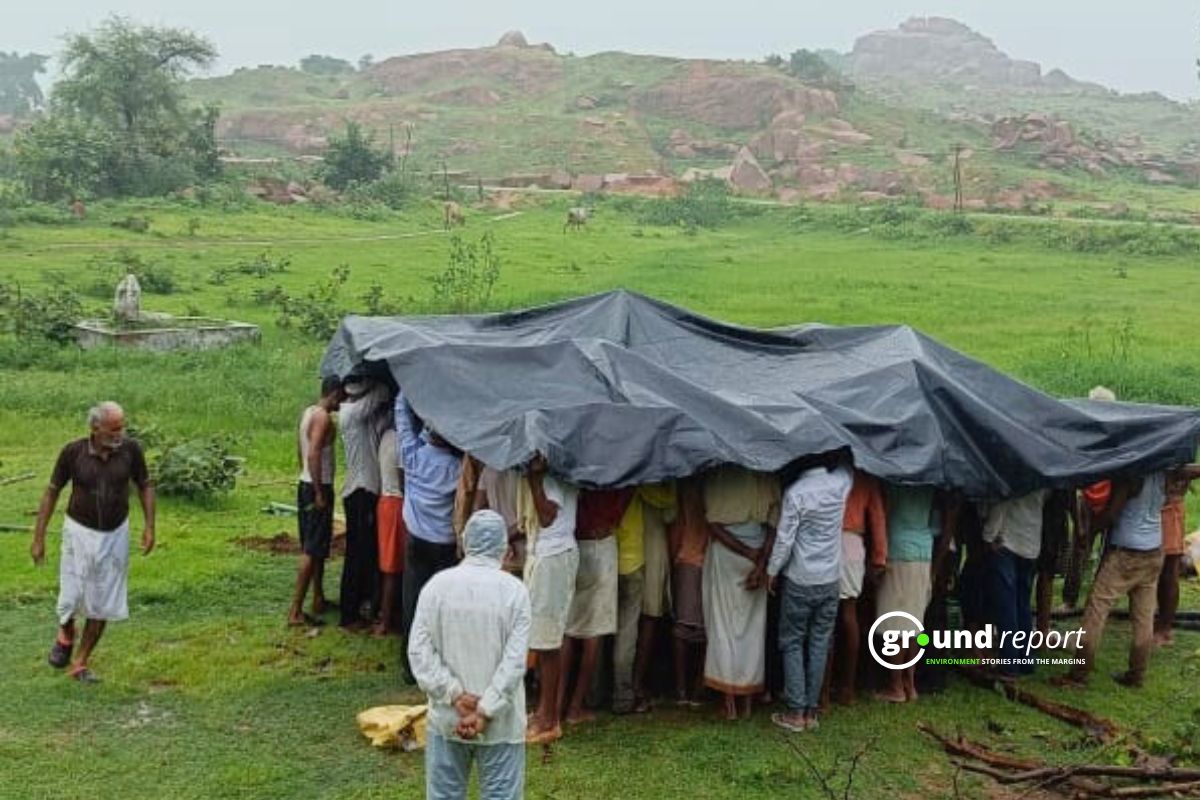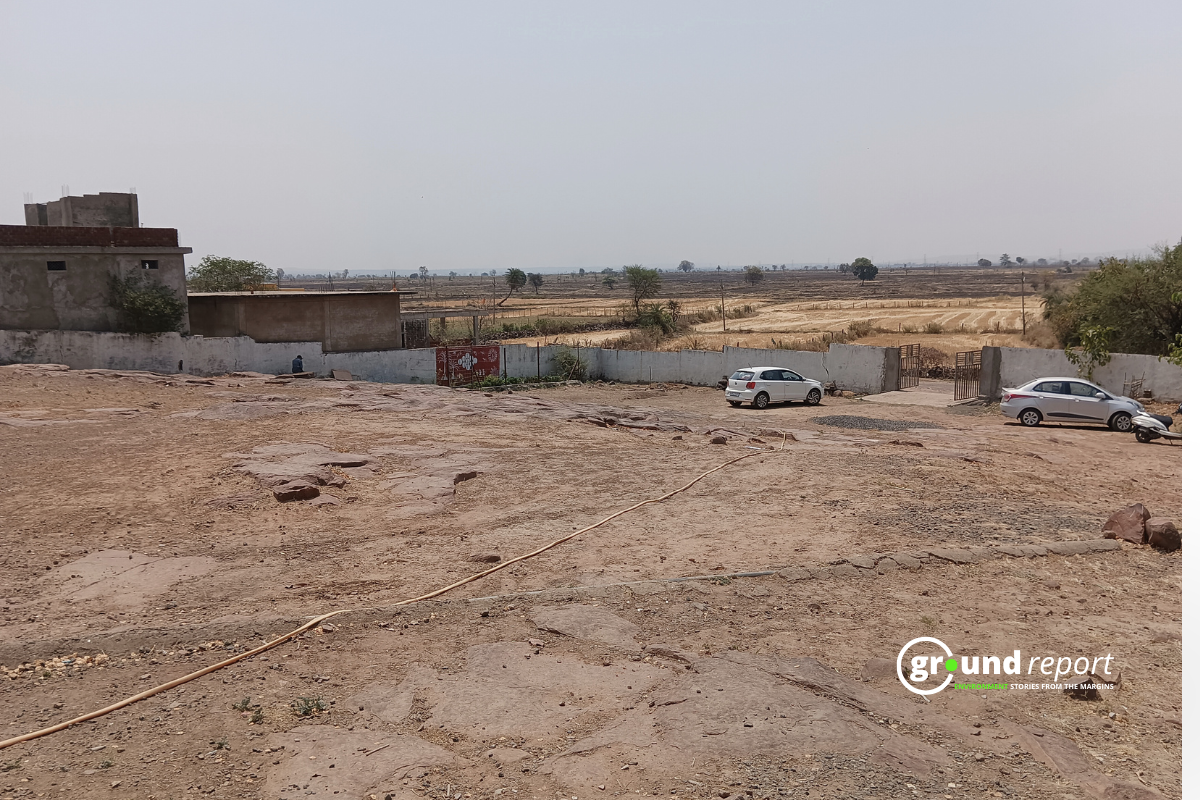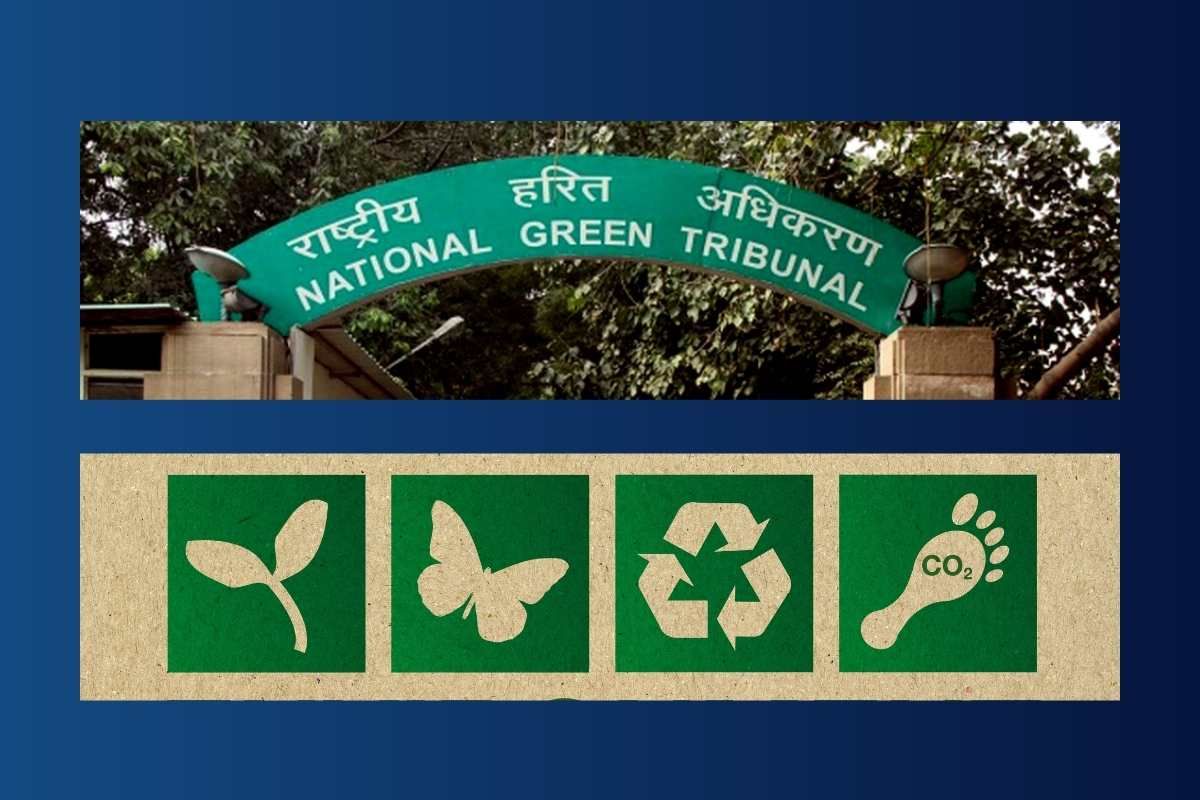Several investigations have focused on the impacts of climate change on the environment, flora and fauna. But, until now it is known for the first time what are these repercussions this phenomenon has on society.
Friederike Otto, professor of climate change and the environment at Imperial College London’s Grantham Institute and one of the lead authors of the research, told The Guardian that “we really underestimate those events where climate change plays a part in the costs, especially non-financial ones. costs of extreme weather events for our societies”.
To find out their impacts, a group of researchers analyzed five types of extreme weather events: heat waves, torrential rains, droughts, forest fires and tropical cyclones. To do this, they used the science of attribution, widely used in climate studies.
According to Science News Media Group, this science seeks to “test whether, and to what extent, climate change may be responsible for certain extreme weather events, such as droughts, extreme floods, hurricanes, excessive heat or freak storms.”
In the case of heat waves, according to the results of the study published in the journal Environmental Research: Climate by IOP Publishing, the levels of average and extreme heat in all the continents of the world are increasing due to climate change. And while 157,000 deaths have been reported from 34 heat waves in the last 20 years, these events and their repercussions are still largely underestimated, according to the researchers.
The main reason, says Otto, may be that “nobody dies on the street during a heat wave, or at least very few people.” In addition, she adds that the wildfires were also one of the big climate impacts that were not talked about enough.
Regarding droughts, floods and tropical cyclones, the researcher explains that there is a more nuanced link with climate change. “By focusing too much on climate change, you really take the responsibility off of addressing these local drivers of disasters, like high poverty rates, lack of infrastructure, lack of investment, lack of health care,” she says.
According to the researcher, all these aspects of exposure and vulnerability make each drought a catastrophe. Otto warns that “much of the problem in determining exactly to what extent climate change was responsible for the impact of extreme weather events lies in the lack of reliable data around the world.”
Support us to keep independent environmental journalism alive in India.
Keep Reading
MP farmers battle stray animals, sleepless nights to protect crops
Indore’s Pipliyahana Lake struggles to survive, even after conservation measures
Costliest water from Narmada is putting financial burden on Indore
Changing weather pattern impacts soybean crops in Dewas region of MP
Follow Ground Report on X, Instagram and Facebook for environmental and underreported stories from the margins. Give us feedback on our email id greport2018@gmail.com.
Don’t forget to Subscribe to our weekly newsletter, Join our community on WhatsApp, Follow our Youtube Channel for video stories.






